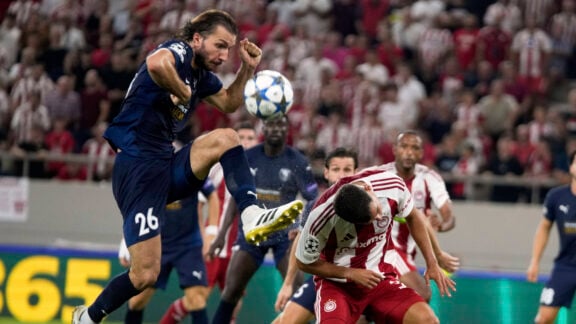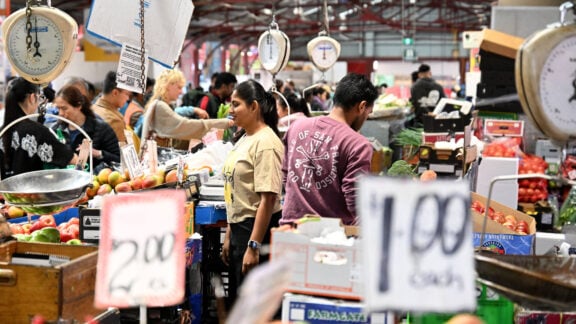Dominique Strauss-Kahn has emerged as an unexpected proponent of Greece’s fight for dignity and determination to stand on equal ground with its European neighbours.
“Europe is Michelangelo, Shakespeare, Descartes, Beethoven, Marx, Freud, Picasso. It was they who taught us, like so many others, the shared foundations, balancing nature and culture…” the individual and the community.
In an open letter titled ‘To my German friends’, published via his Twitter account this week, the infamous French economist drew on history, philosophy, literature and current affairs to not only condemn many of the actors involved in the crisis, but to also put forward his vision for a diverse but strong and united Europe.
Strauss-Kahn, also known simply by his initials DSK, described the conditions of the agreement between Greece and its lenders as “profoundly damaging, if not a deadly blow” for the future of a singular European entity.
In his letter, Strauss-Khan criticises those who do not see Greece as part of a unified Europe. He derides a number of them as short-sighted: “Those whose nationalism prevents them from seeing beyond their own borders and who vainly ponder upon Europe’s very existence.” The rest he describes as too long-sighted: “Capable of seeing beyond their own frontiers, but have chosen not to support the community that is nevertheless closest to them.”
DSK regards himself as in neither camp, and addresses his dispatch to those who are of the same mind. Despite acknowledging differences of opinion both on what constitutes Europe, and from what events the concept of a European identity originates, Strauss-Kahn writes emotively of a “society built on solidarity” that emerged from the bloody conflicts of decades and centuries past.
“Europe is Michelangelo, Shakespeare, Descartes, Beethoven, Marx, Freud, Picasso. It was they who taught us, like so many others, the shared foundations, balancing nature and culture, the religious and the secular, faith and science, the individual and the community.
“It is because we share this heritage, because it is so deeply rooted in our collective being, and goes on nourishing the achievements that we have been, and still and will continue to be capable of in the future, that we have been able to put an end to our internal turf wars.”
Regarding the Greek deal, Strauss-Kahn warns that it may be a repeat of past errors, castigating it as a “diktat” resulting in a “crippling situation”. Whilst not letting Greece off the hook – he regards “the amateurism of the Greek government and the relative inaction of their predecessors” as disgraceful – he skewers the lending coalition for allowing European solidarity and forward-thinking to take a back seat to a single-minded fixation over money and long-standing resentments.
“A eurozone, in which you, my German friends, would lay down your law with a few Baltic and Nordic states in tow, is unacceptable for the rest.”
His plea for European cooperation is framed in the context of global economic competition and the need to establish a coherent negotiating bloc that will both complement and compete with other zones such as North America, Africa, and key Asian players.
“To survive among the giants, Europe will have to come together, all the territories contained between the ice caps of the North, the snows of the Urals and the sands of the South.”
Strauss-Kahn, who has held a range of government and academic positions, believes Europe is forgetting its southern “cradle of our culture” amidst the current internal wrangling. Noting that historical conquerors and colonialists have attempted to link the East with the West through the failed use of “cruel and despicable” force, he states that it is the south of Europe that will still be foundational to any such unity.
An alliance that does not incorporate all of Europe, he suggests, will be “subjugated by our friend and ally the United States”. He thus calls for a Europe that has both “rules and discipline for our communal life” but also “a political plan that transcends and justifies such constraints”.
The open letter concludes with a proposal that the European model can be an example for other regions to follow, but in order to do so the continent “must have vision, rise above the pettiness, play its role in globalisation and, in a word, continue to shape history”.
Strauss-Kahn, whose recent career has been overshadowed by a number of scandals, has been succeeded as IMF chief by fellow French politician Christine Lagarde. The open letter also appeared this week on the blog of Yanis Varoufakis, who resigned as Greece’s finance minister on 6 July.








